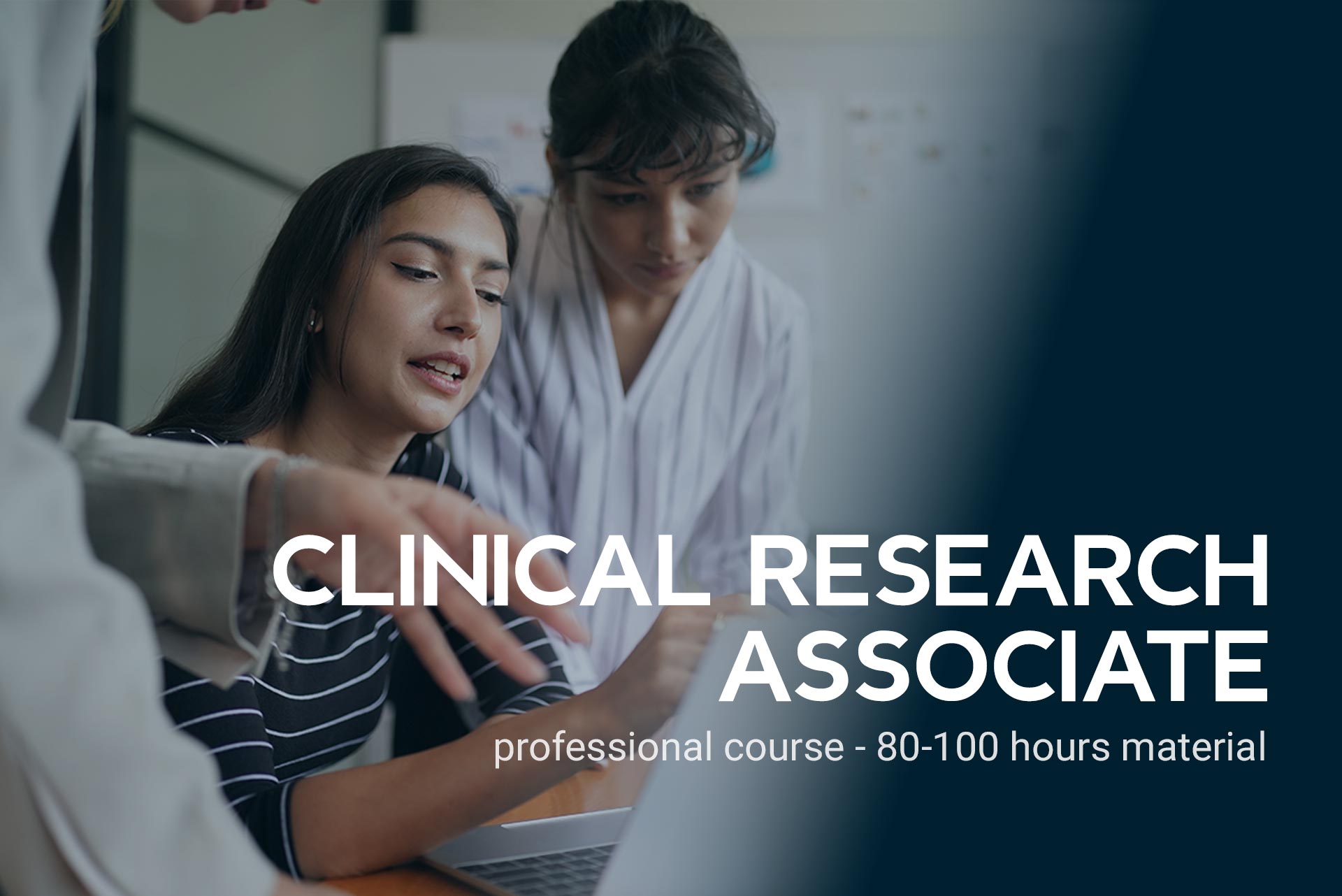Upon enrollment you will receive your first certification “Confirmation of Enrollment”. After successful completion of the course and your exam, you get your personal “Course Certificate” including:
- course title
- contact hours
- continuing education units (CEU)
- your overall course score
- date of completion
- personal certificate verification code
We also show you how to best share your certificate on LinkedIn and other social media platforms.
There are several reasons why you might consider getting a CRA certification:
Demonstrated knowledge and commitment: Obtaining a CRA certification demonstrates to employers and colleagues that you have a strong understanding of clinical research processes, regulations, and best practices. It shows your commitment to your career in clinical research and can set you apart from other candidates when applying for jobs.
Increased job opportunities: Many employers prefer or require candidates with CRA certifications for their open positions. Having a certification can make you a more competitive candidate and increase your job opportunities.
Career advancement: A CRA certification can help you advance in your career by opening up opportunities for promotion, leadership roles, and increased pay.
Continuing education: Many employers require ongoing education and professional development, which can help you stay up-to-date with the latest developments in the field.
Overall, obtaining a CRA certification can help you stand out in a competitive job market, demonstrate your knowledge and commitment to your career, and open up opportunities for career advancement and professional development.


